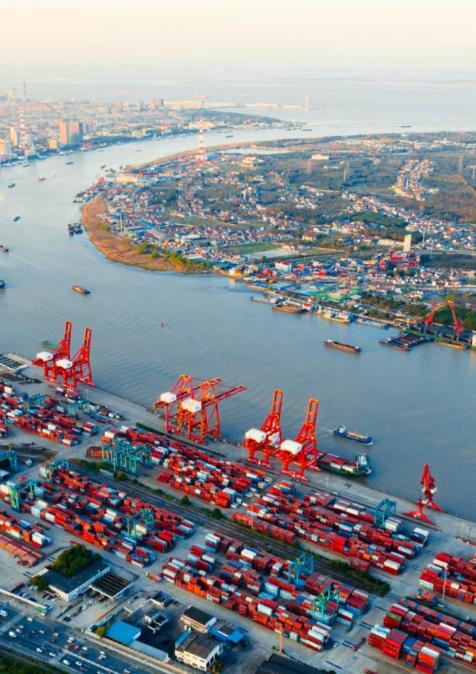Publications /
Opinion
1970s : Oil and wheat are strategic commodities, their prices are skyrocketing, Arab countries declare an oil boycott against the US and the US contemplates to retaliate with a grain embargo. Gulf countries are alarmed and look into a plan to develop Sudan as an Arab breadbasket.
This plan, however, unravels by the 1980s amidst political instability, misguided project designs and alleged corruption amongst the Sudanese (Nimeiri) regime. Instead, Saudi Arabia embarks on a subsidized wheat program at home. Using almost a fifth of its oil revenues, Saudi Arabia relies on an (unsustainable) use of nonrenewable fossil groundwater and becomes the world’s sixth largest wheat exporter by the early 1990s.
Fast forward to 2008: Commodity prices are spiking again and Saudi Arabia has to phase out its wheat program as a result of the depletion of its aquifers. Agricultural exporters like Argentina, Russia and Vietnam impose export restrictions out of concern for their own food security. Though the export restrictions prove temporary, already the Gulf countries react by announcing agricultural investments abroad to secure their privileged bilateral access to food. Sudan is again on top of the list of host countries, alongside other food insecure countries in the global south.
Taking these announced initiatives at face value, the media (prematurely) paints the Gulf countries as land grabbers who cultivate large swathes of land. Most of these projects either never see the light of day, or, are only implemented on a fraction of the announced scale. In reality, Gulf countries funded developed agricultural markets like Australia or Argentina, not ones in developing countries.
Neither domestic self-sufficiency nor foreign investment will be able to guarantee future food import needs for the Gulf countries. There is not enough water for the former, and the latter might prove expensive in times of calm and elusive in times of crisis if host governments curtail exports. Thus Gulf countries have resigned themselves to the fact that they will be food import dependent and so will need to engage with the global food system and its multilateral realities. Trade related considerations like strategic storage, supply diversity and security of transport routes have taken on a more prominent role in their strategic activities. At the WTO the Gulf countries have supported a motion by Japan and Switzerland to discipline food export restrictions. One might see more such engagements with international organizations and producer countries in the future.
Asian food trading houses like Noble, Olam and Wilmar have seen dramatic growth over the past decade and are competing with established traders in the West like ADM, Bunge, Cargill, Dreyfus and Glencore. The Middle East and North Africa (MENA) is the largest net importer of cereals, sugar and poultry in the world. It would not come as a surprise if countries in the region launched similar trading initiatives in the future. They would gain by pooling their interests to have more market power and trading options. Egypt wants to establish a grain-trading hub in Damietta close to the mouth of the Suez Canal. The Gulf countries have invested in food trader Glencore, and the UAE has launched a bespoke commodity-trading house, Abu Dhabi Sources.
If food security is not about food self-sufficiency it is not about mere calorie provision either. Sufficient supplies of micro-nutrients like vitamins and iron are essential for a balanced diet as an IFPRI report has highlighted. Stunting among children in the Gulf though not as prevalent as in other MENA countries, is not absent either with prevalence rates ranging between 4 and 9 percent. Gulf countries face a challenge of too many calories, not the lack thereof. Their obesity and diabetes rates are among the highest in the world and their governments increasingly undertake nutrition interventions such as awareness campaigns and provide balanced school meals. In the future more may be done to tackle this growing challenge. Currently, taxing fast food and soft drinks is being debated in many OECD countries that are also affected by the obesity and diabetes epidemics.
At the end of the day, Gulf food security will encompass a multilayered framework that includes; the reduction of domestic agricultural production and improvements in water efficiency, the implementation of strategic storage and trading strategies and steps to safeguard nutrition security. Foreign agricultural investments might also have a role to play, but only if project designs are reconsidered. A real estate centered mentality that aims at formal land ownership, plantation cultivation and privileged bilateral access to food production should be given up. Instead, joint equity projects that bring the local population on board whilst at the same time address their environmental challenges and their socio-economic needs might offer avenues for beneficial cooperation.
Eckart Woertz is also the author of Oil for Food (Oxford University Press). He can be followed on Twitter @eckartwoertz








